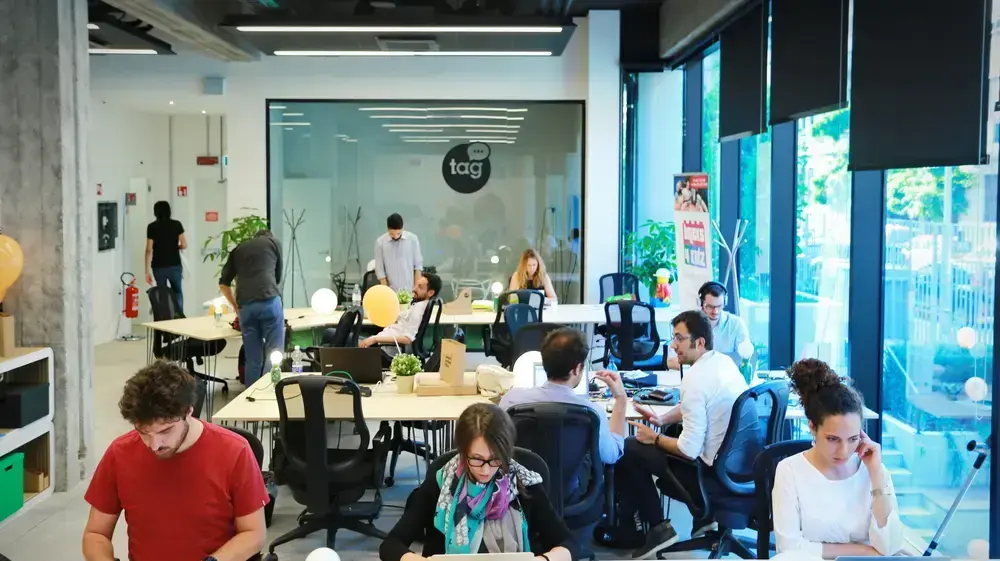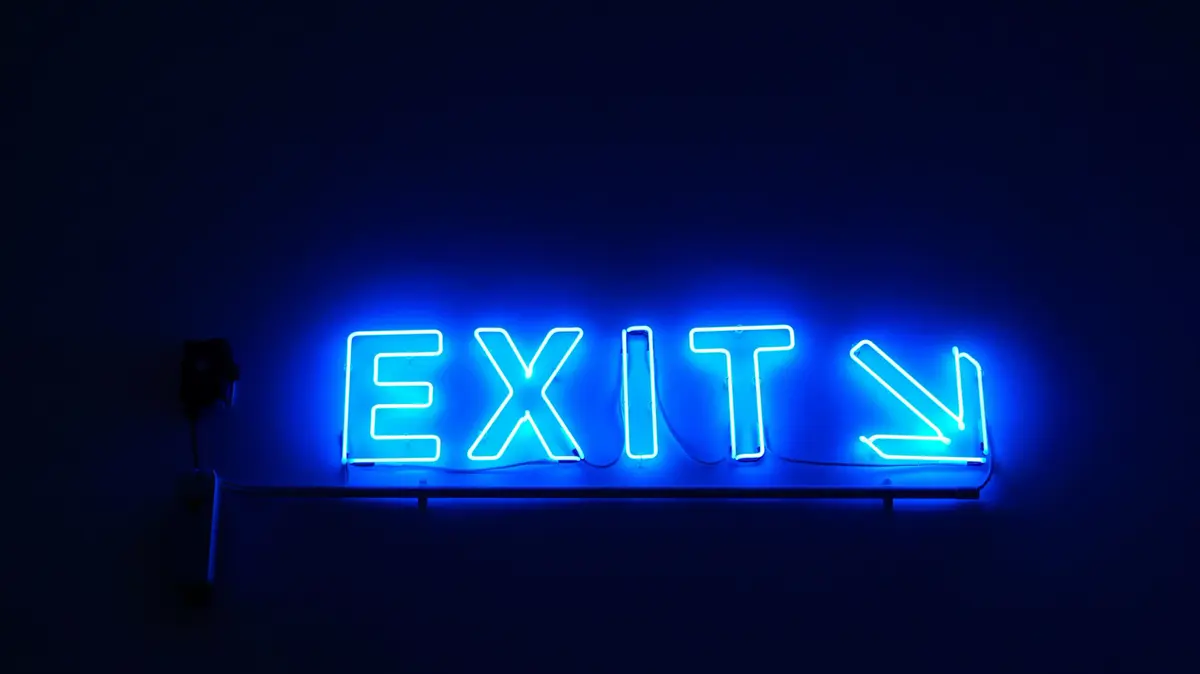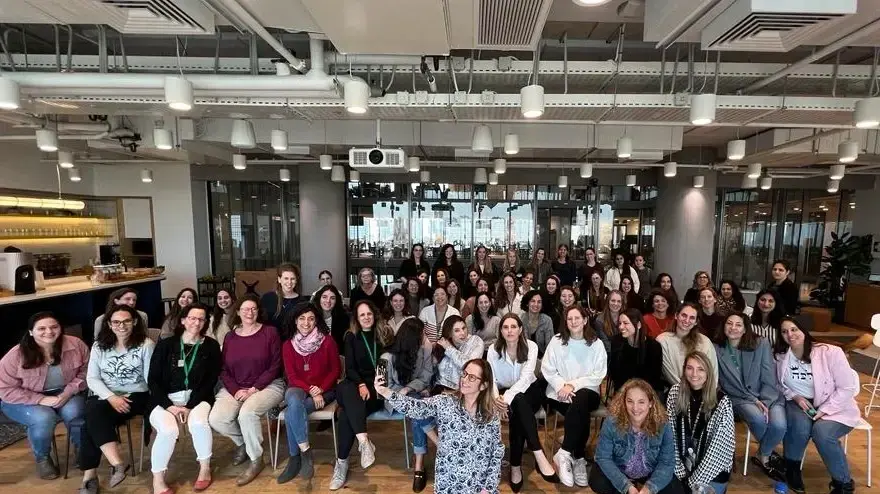They say he was happy here, but not anymore (Photo: ShutterStock)
According to the data of a comparative survey recently carried out by Okets Systems, a company that provides computerized solutions in the field of human resources, it appears that the average number of sick days taken by high-tech workers in the months of May - October 2022 is 2.4 days, while in the corresponding periods of the past years, the figure was double the amount - 4.9 days.
In order to reflect the distribution of absenteeism in the economy, Ekotz Systems processed pay slips and attendance clock data of 13,145 male and female workers, dividing them by industry.
The data refer to the average number of sick days taken by the employees starting in 2014, during the months of May - October, and ending this year.
The survey did not refer to the year 2020, since during it, many were absent from their work due to the corona disease.
The survey data also shows that, surprisingly, the bio-tech industry workers also show much stronger health: the average number of days of absence due to illness in the years 2014-2021 is 4.8 days, but this year, the figure is only 2.7 days - a decrease in the rate of 48%.
It should be noted that in the other industries, a mixed trend was recorded.
There are those, such as the metal industry, food and catering, which recorded a relatively minor increase (3-7%) in the number of days of absence, and there are industries, such as cleaning, insurance and advertising, in which there was actually a decrease, but also, at a much lower rate than what was recorded in the high-tech and bio industries - Tech.
Assuming that this is not an inexplicable strengthening of the immune system among high-tech workers, it can be assumed that the extent of the layoffs and the expectation of further reductions in manpower in the industry motivated them to significantly reduce absence from work due to illness.
The need for them to prove their efficiency and loyalty to the workplace is of course based on the fact that since the beginning of the year about 6,500 workers have been laid off in Israeli high-tech companies.
In July, a record number of layoffs was recorded for a single month: 1628, but according to estimates, the month of November is expected to end with a larger number of Heitkists who will escape from the employment circle and the end is not in sight.
This is what it looks like (photo: Yehs)
Attorney Shlomo Yaakovovich (Photo: Mor Badihi)
Attorney Shlomo Yaakovovich, an expert in labor law, explains that in principle, the law states that employees who did not come to work due to illness are not entitled to receive pay for the first day of absence, however, in the high-tech industry, the situation is different: "Many of the employees are employed under personal agreements, in which It was determined that the employee is entitled to payment starting from the first day of his absence, so quite a few of them used to be absent frequently for a period of 24 hours due to viruses that pass quickly."
In fact, Attorney Yaakovovitz points out that, in general, in recent years there has been an increase in the number of sick days taken by employees In the economy, this is due to the fact that at the end of 2015 an amendment to the law entered into force according to which a doctor who gives a certificate of illness is exempt from the diagnosis of the disease, does not need to specify the reason for the certificate of illness.
This is about the deletion of the section in the sickness benefit regulations, which requires a doctor to indicate the diagnosis of the disease in the certificate that employees submit to their employers, and this is mainly due to employee claims of violation of their privacy.
"At the core of the 2015 amendment to the law was the principle of protecting the employee's privacy, however, the combination of reducing the ability to control the cause of the illness, together with the ease of obtaining approval for up to four sick days by pressing a button and by remote control, resulted in a completely different result that it is highly doubtful that the legislator intended "Adds Attorney Yakovovich, "The quota of sick days has become a de facto addition to the quota of vacation days, and sometimes it is even used improperly - for example, to postpone administrative procedures such as a hearing or when a request for vacation is rejected."
technology
news
Tags
High tech








